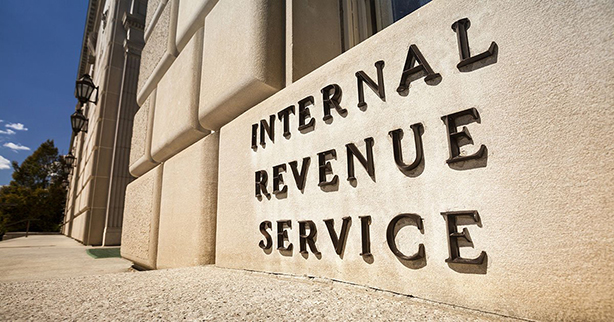You are here
Why You Should Care that 2017 Tax Cuts Will Add to the National Debt

Today, Congress passed wide-ranging tax reform legislation that will add substantially to the national debt according to all independent analyses, even when factoring in economic growth. Our national debt is already projected to grow rapidly in the coming years, and piling on more debt can harm our economy by crowding out private investment, reducing our fiscal flexibility, increasing the risk of a sharp jump in interest rates, and lowering confidence and certainty.
Specifically, why should Americans care that the tax cut package passed at the end of 2017 will expand the debt?
- Debt as a percentage of GDP is the highest it has been since just after World War II, and deficits are projected to grow significantly in coming years. The federal budget deficit rose to $666 billion in 2017 — an increase of around $80 billion from the previous year. CBO estimates that annual deficits will once again eclipse $1 trillion by 2022, assuming that current law remains the same. If the tax cuts are enacted, deficits could reach the $1 trillion mark even earlier, by 2020. When tax legislation was passed in 1986, 2001, and 2003, the fiscal outlook was much better.
- Interest costs on the national debt are growing rapidly. Over the next ten years, net interest will total $5.6 trillion, according to CBO. The additional borrowing needed to fund the proposed tax cuts would further boost interest costs by around $250 billion over the same time period.
- Key investments in our future are at risk. Higher interest costs could make it more difficult to fund important public investments that can fuel economic growth — priority areas like education, R&D, and infrastructure. In addition, growing federal debt reduces the amount of private capital for investments, which hurts economic growth and wages. A nation saddled with debt will have less to invest in its own future.
- Rising debt means lower incomes. CBO projects that the projected growth in our national debt — even before the addition of the proposed tax cuts — would reduce the income of a 4-person family, on average, by $16,000 in 2047. We are all concerned about stagnating wages and the growing disparities in income and wealth. At the very least, the federal government should not let its own budget imbalances contribute to these harmful trends.
- Less flexibility to respond to crises. On our current path, we are at greater risk of a fiscal crisis, and high debt leaves policymakers with much less flexibility to deal with unexpected events. If we face another major recession like that of several years ago, it will be even harder to work our way out.
- The national debt is a threat to our national security. A strong economy and strong national security are tightly linked. Putting our debt on a sustainable course over the long term will lead to higher levels of economic growth, continued availability of resources to invest in our defense and our future, and a sustained leadership role for the United States in the world.
- Protecting the essential safety net. Our unsustainable fiscal path threatens the safety net and the most vulnerable in our society. If our government does not have sufficient resources, these essential programs, and those who need them most, could be put in jeopardy. We can’t let that happen.
Related: Five Things That We Have Learned Since The Tax Cuts Were Enacted
Image credit: Getty Images/iStockphoto
